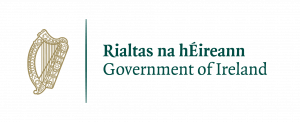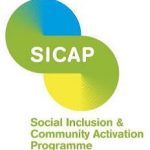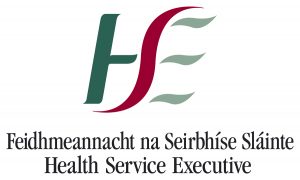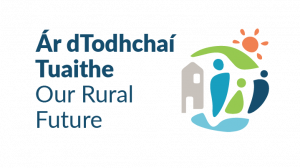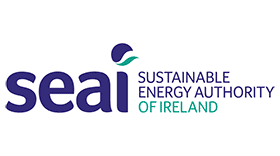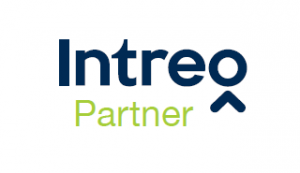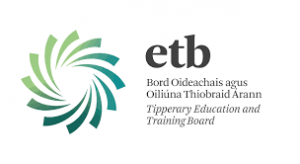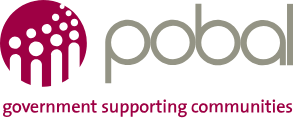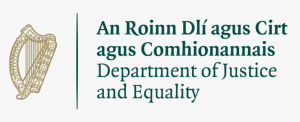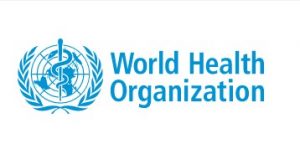
The target group for WHO work on mental health and psychosocial support in emergencies is any population exposed to extreme stressors, such as refugees, internally displaced persons, disaster survivors and terrorism-, war- or genocide-exposed populations.
The WHO Department of Mental Health and Substance Abuse emphasizes that the number of persons exposed to extreme stressors is large and that exposure to extreme stressors is a risk factor for mental health and social problems. The Department’s work on mental health in emergencies focuses mostly on resource-poor countries, where most populations exposed to natural disasters and war live.
Key documents
This manual describes a scalable psychological intervention called Problem Management Plus (PM+) for adults impaired by distress in communities who are exposed to adversity. To ensure maximum use, the intervention is developed in such a way that it can help people with depression, anxiety and stress, whether or not exposure to adversity has caused these problems.
This guide contains first-line management recommendations for mental, neurological and substance use conditions for non-specialist health-care providers. It is a simple, practical tool that aims to support general health facilities in areas affected by humanitarian emergencies in assessing and managing acute stress, grief, depression, post-traumatic stress disorder, psychosis, epilepsy, intellectual disability, harmful substance use and risk of suicide.
Emergencies, in spite of their tragic nature and adverse effects on mental health, are unparalleled opportunities to build better mental health systems for all people in need. This WHO publication shows how this was done in 10 diverse emergency-affected areas and how much mental health is crucial to the overall well-being, functioning, and resilience of individuals, societies, and countries recovering from emergencies
This guide covers psychological first aid, which involves humane, supportive and practical help to fellow human beings suffering serious crisis events. Endorsed by 24 international agencies, the guide reflects the emerging science and international consensus on how to support people in the immediate aftermath of extremely stressful events.
Based on the IASC Guidelines on Mental Health and Psychosocial Support in Emergency Settings (IASC, 2007), this document gives an overview of essential knowledge that humanitarian health actors should have about mental health and psychosocial support (MHPSS) in humanitarian emergencies.
This assessment toolkit was developed because of frequent requests from the field to advise on assessment of mental health and psychosocial issues in humanitarian settings. It offers an approach that should help assessors review information that is already available and only collect new data that will be of practical use.
Source: https://www.who.int/mental_health/emergencies/en/











